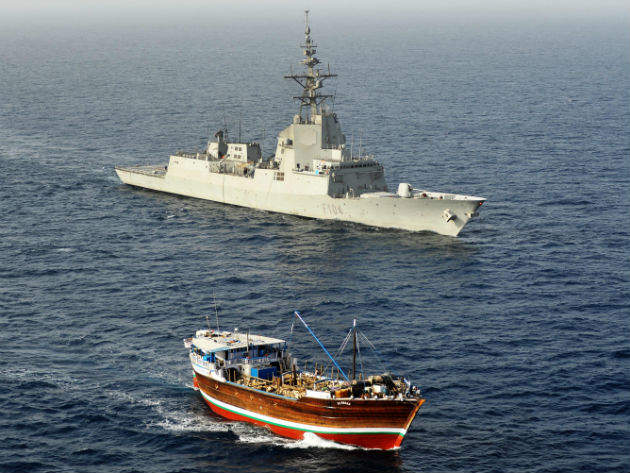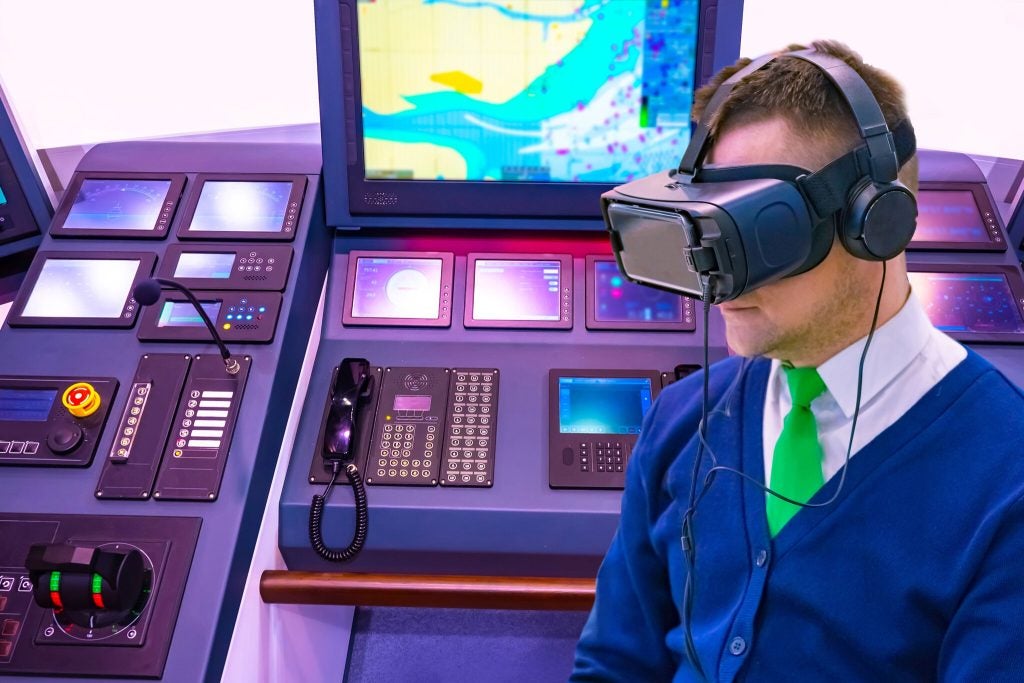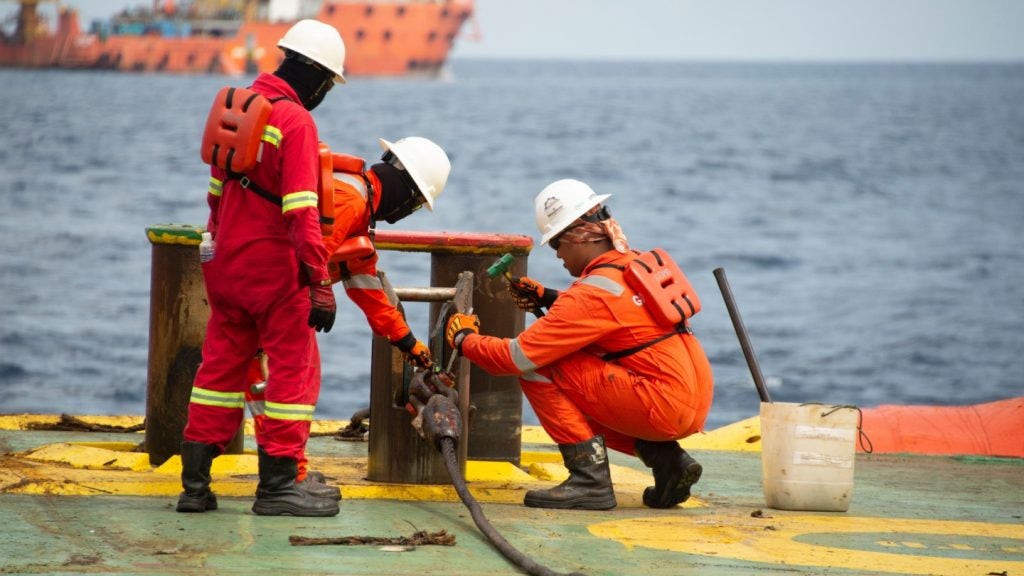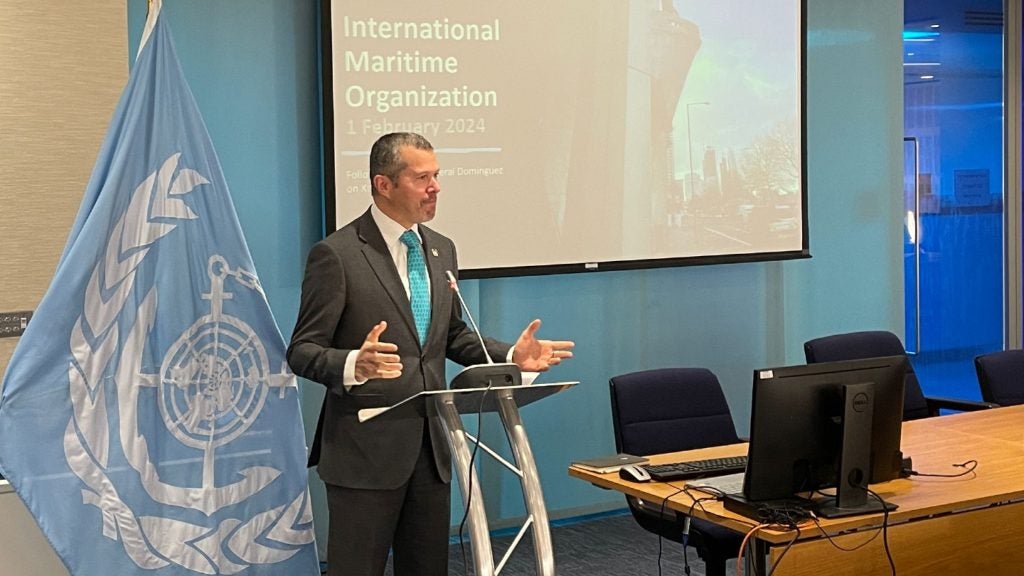
In mid-May, the Maritime Asset Security and Training (MAST) organisation released its most recent risk map. In just the first quarter of this year, it recorded 48 counts of maritime crime – approaches to ships, hijackings, pirate attacks and suspect activity.
Gerry Northwood, COO of MAST and a former Royal Navy counter-piracy commander, spoke of his concern: “Despite the hard work undertaken by international navies and organisations to tackle piracy at its peak some years ago, recent events have shown the scales are tipping back in the favour of those who would commit or support acts of piracy.
“It is clear that the maritime environment is linked to global events and not immune to crime and terrorism in their many forms.”
This recent upsurge has led to numerous warnings that efforts have to be re-doubled, as the scourge of Somali piracy, in particular, bites back and begins to make international headlines yet again. However, what about the mental health effects on seafarers – those who have to live through the ordeal of being boarded by pirates or worse, kidnapped?
Chirag Bahri, regional director for South Asia at the Maritime Piracy Humanitarian Response Programme (MPHRP), explains more.
Gary Peters: What does the MPHRP programme hope to achieve?
Chirag Bahri: MPHRP is a pan-industry alliance which aims to provide humanitarian support to seafarers – and their families – who are hijacked, kidnapped or face piracy attacks at sea.
How well do you really know your competitors?
Access the most comprehensive Company Profiles on the market, powered by GlobalData. Save hours of research. Gain competitive edge.

Thank you!
Your download email will arrive shortly
Not ready to buy yet? Download a free sample
We are confident about the unique quality of our Company Profiles. However, we want you to make the most beneficial decision for your business, so we offer a free sample that you can download by submitting the below form
By GlobalDataThe programme was established in 2011 and has been able to reach out to thousands of seafarers worldwide. It has worked with partners to develop good practice guides for ship managers on a humanitarian response for seafarers and their families.
Training modules on pre-departure awareness and for welfare responders have been developed and rolled out in many countries. We help seafarers return from captivity with proper rehabilitation, so they can again stand on their own [feet].
GP: How prevalent is the piracy threat in South Asia at present?
CB: There has been an increase in kidnappings off South East Asian waters and, recently, a Vietnamese seafarer was killed and six others kidnapped off a Vietnamese vessel.
Seafarers [should] not be complacent while transiting through such waters and need to be prepared and aware. Recently, a ship with eight Sri Lankan crew members was hijacked by Somali pirates off the Gulf of Aden, and that raises concerns over prevailing security conditions off the Indian Ocean. The crew have now been released, but all this has added a tremendous amount of trauma for seafarers and their families.
GP: How damaging is piracy – and kidnapping – to the mental wellbeing of seafarers?
CB: To put it simply, every moment in captivity is stressful and one loses their dignity during this period. There is an increase in pressure from pirates on a daily basis and it challenges our coping skills.
Seafarers are quite resilient in nature but having said that, they face extreme crises while being held in captivity. They are not in contact with family, do not know what is going on with negotiations, or what is going to happen [to] them or their family at home.
As [the] weeks and months pass by, they lose faith and thus get into deeper tension and stress. Sometimes, they may be physically assaulted by pirates and in a few cases they have to face criticism from their own team while in captivity.
This all builds up to unexpected and unwarranted stress, which can be quite damaging. It is, however, good news that seafarers who receive the proper response after they return home have shown signs of positive health and have re-joined [the industry]. They have come out of the trauma and have started a new beginning.
Oceans Beyond Piracy has carried out surveys in India, the Philippines and Ukraine on the long-term impact of piracy on seafarers, which states that seafarers [who are] held hostage are at greater risk of getting post-traumatic stress disorder (PTSD).
GP: How difficult is it for those who have experienced some form of piracy to return to the seas at a later date?
CB: When a seafarer returns home, they look for emotional support from family members. In some cases, seafarers are abandoned by their owners, who do not pay wages or any other compensation with regards to their medical or psychological needs.
A professional intervention at the right time will ensure that seafarers and their families will be counselled and guided on how to move on in their lives.
Many seafarers who have been hijacked have returned to sea and are doing extremely well. This is possible if a seafarer is given the proper rehabilitation programme post-return.
GP: How can seafarers be prepared, mentally, for the threat of piracy?
CB: For any crisis at sea, it is not only necessary to be physically prepared but also mentally strong and capable.
Training and drills on mental health preparedness and improving coping skills will help a seafarer to not only look after themselves during a crisis, but also the entire crew and ship.
They should be aware of the risk of transiting through piracy-prone areas and on how can they harden their ships and what to do once they see any suspicious boat approaching. MPHRP has trained people in various maritime colleges worldwide on a pre-departure piracy awareness training course, which has modules on improving coping skills during a potential hijacking or kidnapping.
GP: What can be done to support victims of piracy as they look to return to normal life?
CB: Seafarers who survive any piracy incident are the real heroes and every effort should be made to restore their lost dignity. Some of them may have physical health issues; others may [have] differences with their partners due to the long separation [because] of a piracy incident. Every case is different and it needs all relevant authorities to come together and address the concerns of the seafarers and their families.
A good humanitarian response is what is needed to bring about significant change to the lives of those affected. For example, positive assurances to a seafarer can restore faith and confidence that organisations do stand by them.
GP: But, is enough really being done? Should there be more support for seafarers with PTSD and other mental health conditions?
CB: Seafarers are provided with psychological support [when they] return from captivity in various parts of world. A pragmatic approach on how to provide such support should be considered. Some countries have excelled in providing a response through continuous response mechanisms, and this paves the way for other countries to follow.
Seafarers with mental health issues have recovered well – provided they are given good care. [But] there is always [the] chance to do more and that would be appreciated.







